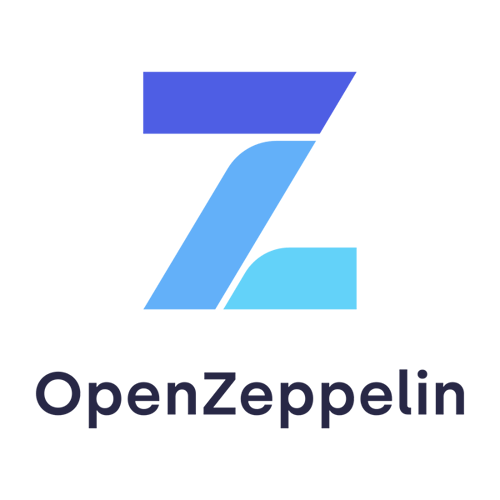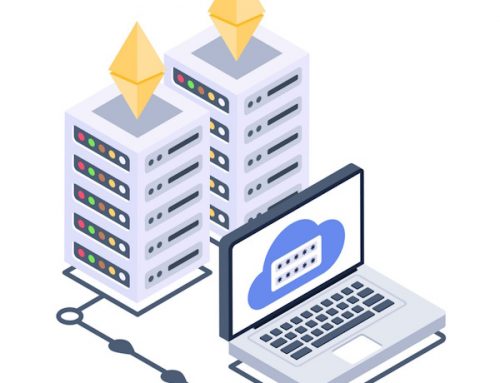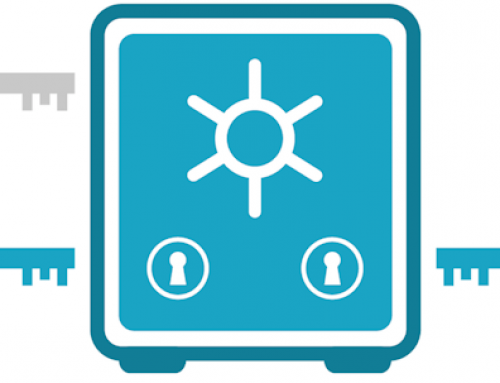
In the world of blockchain and decentralized applications (DApps), security and reliability are paramount. Smart contracts, self-executing agreements with the terms of the contract written directly into code, power the majority of DApps. However, writing secure and robust smart contracts is no easy task, and that’s where OpenZeppelin comes to the rescue. OpenZeppelin is a widely recognized and trusted library of smart contracts for Ethereum and other EVM-compatible blockchains. In this article, I provide an overview of OpenZeppelin smart contracts, exploring their features, benefits, and how they contribute to a safer DeFi ecosystem.
What is OpenZeppelin?
OpenZeppelin is an open-source library of reusable smart contracts for building secure and decentralized applications. It was created to ease the burden of writing smart contracts from scratch and to ensure that best practices for security are followed throughout the development process. The library is written in Solidity, the programming language for Ethereum smart contracts, and covers various use cases and functionalities.
Key Features
1. Security Audited: OpenZeppelin contracts undergo rigorous security audits conducted by industry-leading blockchain security firms. These audits help identify potential vulnerabilities and ensure that the contracts adhere to the highest security standards.
2. Modularity: The library is designed with modularity in mind, allowing developers to use individual contracts or combine them to suit their specific needs. This modular approach streamlines the development process and promotes code reusability.
3. Battle-Tested: OpenZeppelin contracts have been used in numerous decentralized applications, including some of the most popular and complex projects in the DeFi space. The battle-testing provides real-world feedback, making the contracts more reliable and robust.
4. Community-Driven: OpenZeppelin has a vibrant and active community of developers, auditors, and enthusiasts who contribute to the project’s improvement. The community-driven nature ensures that the library stays up-to-date with the latest advancements and security practices.
Core Components
The OpenZeppelin library consists of various categories of smart contracts, catering to different aspects of DApp development:
1. Access Control: Contracts in this category implement role-based access control mechanisms, allowing developers to manage permissions and restrict access to certain functionalities within the DApp.
2. Tokens: OpenZeppelin provides standard token implementations, such as ERC20 and ERC721, with added security features and optimizations.
3. Crowdsales: This category includes contracts to facilitate token sales, such as ICOs (Initial Coin Offerings) or token auctions, with customizable parameters.
4. Utilities: These contracts offer utility functions that are commonly required during DApp development, like math operations, address utilities, and contract upgradability support.
5. Presets: Preset contracts bundle various functionalities into a single, easy-to-use contract, enabling developers to quickly deploy common DApp components.
Benefits of Using OpenZeppelin
1. Time-Efficient Development: By leveraging the battle-tested and audited smart contracts from OpenZeppelin, developers can significantly reduce development time and focus on the unique aspects of their DApp.
2. Security and Reliability: The comprehensive security audits and continuous community-driven improvements ensure that OpenZeppelin contracts adhere to the best security practices, minimizing the risk of vulnerabilities and exploits.
3. Interoperability: OpenZeppelin contracts are designed to be compatible with other Ethereum-based projects, making it easier for developers to integrate them into existing ecosystems.
4. Community Support: The active community behind OpenZeppelin provides support, documentation, and best practices, making it easier for developers to understand and implement the contracts effectively.
How to Use OpenZeppelin
To use OpenZeppelin in your DApp, you can start by installing the library as an npm package or directly importing the desired smart contracts into your project. Then, you can inherit from these contracts in your own contracts, using their functionalities and adding your custom logic as needed. Before deploying your DApp, make sure to conduct your own security audit and thoroughly test the contracts.
Conclusion
OpenZeppelin is a valuable resource for developers looking to build secure and reliable decentralized applications on Ethereum and EVM-compatible blockchains. Its battle-tested, community-driven approach ensures that developers have access to high-quality, audited smart contracts that can be seamlessly integrated into their projects. By leveraging OpenZeppelin, developers can focus on building innovative DApps while having confidence in the security and stability of their smart contracts.










Leave A Comment